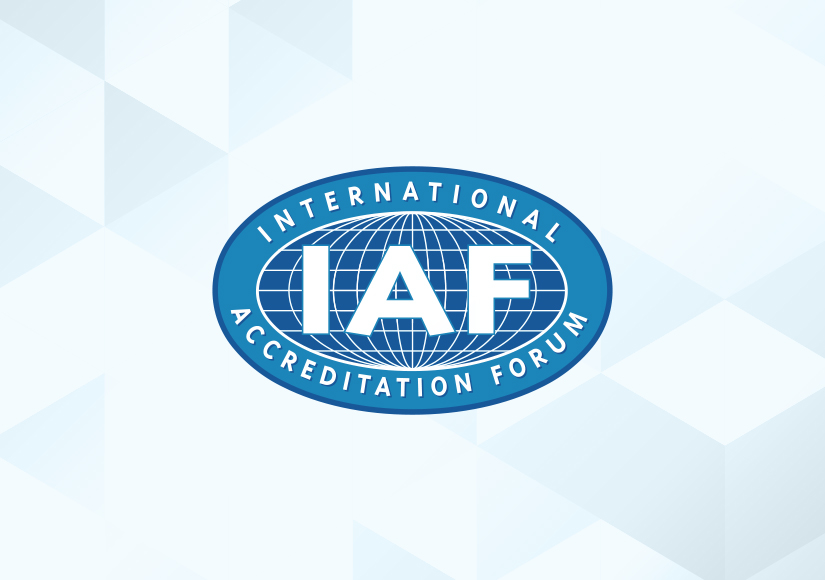Source: UNIDO
The five-day course in the capital of Mozambique, Maputo, was organized by the United Nations Industrial Development Organization (UNIDO) and the The International Organization for Standardization (ISO) Academy, with support from the Enhanced Integrated Framework (EIF) and the Network on Metrology, Accreditation and Standardization for Developing Countries (DCMAS).
“Trade has long been recognized as a potential engine for growth and wealth creation. Developing countries, particularly the Least Developed Countries, continue to face supply-side capacity and trade-related infrastructure constraints which can inhibit their ability to compete on international markets. Therefore, UNIDO and its partners designed this programme to help address these challenges by training experts on how to overcome quality infrastructure related barriers,” said Bernardo Calzadilla-Sarmiento, Director of UNIDO’s Trade Capacity Building Branch who took part in the opening of the training course.
“The course includes a distance learning component that ensures all participants share a common knowledge concerning trade capacity building issues, and a residential part that offers a dynamic mixture of lectures and participatory teaching methods,” he added.
For developing countries, international standards are an important source of technological know-how which allows them to access knowledge in areas where they may lack expertise and resources. International standards can also facilitate access to global markets as they define the characteristics that products and services have to meet on export markets. “The International Organization for Standardization helps members from developing countries maximize the benefits that international standards offer and further develop through the implementation of the ISO Action Plan for Developing Countries,” said Ismail Albaidhani, Director of the ISO Academy.
During their stay in Mozambique, participants will also visit the National Institute of Standards and Quality (Mozambican Instituto Nacional de Normalização e Qualidade), which is supported by UNIDO’s “Private sector and quality promotion programme” implemented in Mozambique.
Representatives from UNIDO, ISO, EIF, DCMAS and local quality infrastructure institutions as well as the private sector will run the course.
Watch a video on The Network on Metrology, Accreditation and Standardization for Developing Countries (DCMAS) here

